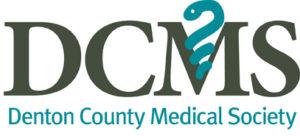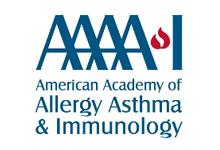
It’s time to get ready for summer camp! Summer camp is all about fun, learning, being outdoors and making lifelong memories. If your child has allergies, asthma, food allergies or stinging insect allergies you can prepare ahead of time to make sure they enjoy camp without any bothersome symptoms.
Plan ahead:
- Find out if there is a counselor, nurse or physician on site or available at the camp to give medications
- Make sure you have up-to-date action plans available at the camp
- Send all prescription and over the counter medications that your child may need, including inhalers and nebuilzers
- Make sure your child knows where to go for medical help and medications, especially quick relief medications like benadryl, albuterol and epinephrine auto-injectors
- A quick call or email can allow the camp staff to update you on your child’s health status
Pollen is still around in the summer, and children may be more exposed to the outdoors during camp. Environmental measures needed at home may be needed at camp as well. These include dust mite-proof pillowcases and mattress covers for dust mite allergy. Exposure to animals, hay and barns at camps may cause acute allergy symptoms. For asthmatics pre-treatment with albuterol or another rescue bronchodilator may be needed prior to vigorous activity at camp.
For kids with food allergy, specific dietary restrictions must be reviewed with the camp staff prior to going to camp. An up-to-date emergency action plan should be made available along with epinephrine auto-injectors. Make camp counselors, nurses and physicians aware of your child’s food allergies and make sure they are trained on how to use the different types of epinephrine auto-injectors available. Ask how food is prepared for individuals with food allergies. You may want to inquire about availability of local emergency services and availability of EMTs on ambulances which are used by the camp.
If your child has a stinging insect allergy, camp staff should be informed of your child’s allergy to stinging insects and precautions should be taken to avoid unnecessary exposure. Be cautious around garbage cans, during picnics and with any outdoor food exposures. Wear light colored clothing as bees are attracted to dark colors. An emergency action plan and epinephrine autoinjectors should be made available for camp staff.
Don’t let allergies and asthma get in the way of enjoying summer camp! Our board-certified allergists can help you get ready for summer camp. Call and make an appointment to come see us!
ROSHNI FOSTER, MD, PhD
Board Certified Allergist







